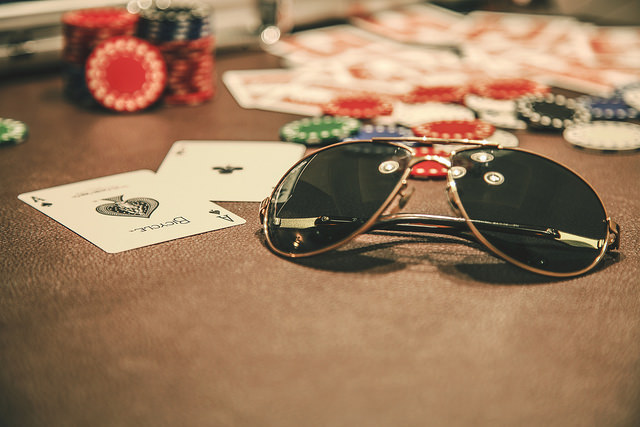We were playing cards, and I busted out of the cash game with something or another. I moved to re-buy and started counting chips when Joe interrupted me.
“Wait, you’re buying in for double?” he asked.
The rule of thumb is: have as many chips in front of you as possible. You need ammunition to put a dent in someone’s stack, and after a few hours, the table’s initial buy-in (relative to the stacks) isn’t going to endanger anyone’s chip lead.
So yes, I was buying in for double. That’s how much I needed if I wanted my moves to have weight.
Joe didn’t voice any more concerns, but behind his massive tower of chips, he looked uncomfortable with the idea. He considered my action a faux pas, and perhaps it was. I just never saw it that way. Whenever someone reloaded at the table, my mentality has always been: “Good. I want my opponents buying in for as much as they want, as often as possible. The more money in the game, the more money I can win.” I can’t remember ever not thinking this way. Until that moment, I wasn’t aware of this other perspective:
“I don’t want my opponent buying back in, and certainly not for double. The more money he has in front of him, the less chance I’ll walk away with these chips at the end of the night.”
From a purely competitive standpoint, Joe’s perspective is the intelligent one. Limit your risk by restricting your opponent’s ammunition. Limit their ability to maneuver, and you’ll come out ahead. That’s a smart play.
But if that’s your default mentality, will you ever discover what you’re capable of? If you don’t put yourself in situations where you’re 99 percent sure you’re outclassed and outgunned, how will you find out if you’re wrong?
Photos Credit: Rami L.
